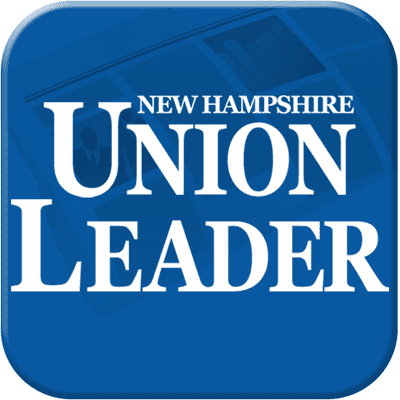 UnionLeader Article Rating
UnionLeader Article RatingSupreme Court majority seems open to religious charter schools
- Bias Rating
- Reliability
35% ReliableAverage
- Policy Leaning
4% Center
- Politician Portrayal
-57% Negative
Continue For Free
Create your free account to see the in-depth bias analytics and more.
By creating an account, you agree to our Terms and Privacy Policy, and subscribe to email updates.
Bias Score Analysis
The A.I. bias rating includes policy and politician portrayal leanings based on the author’s tone found in the article using machine learning. Bias scores are on a scale of -100% to 100% with higher negative scores being more liberal and higher positive scores being more conservative, and 0% being neutral.
Sentiments
34% Positive
- Liberal
- Conservative
| Sentence | Sentiment | Bias |
|---|---|---|
Unlock this feature by upgrading to the Pro plan. | ||
Reliability Score Analysis
Policy Leaning Analysis
Politician Portrayal Analysis
Bias Meter
Extremely
Liberal
Very
Liberal
Moderately
Liberal
Somewhat Liberal
Center
Somewhat Conservative
Moderately
Conservative
Very
Conservative
Extremely
Conservative
-100%
Liberal
100%
Conservative

Contributing sentiments towards policy:
65% : The court's liberals pointedly questioned the attorneys supporting the creation of St. Isidore, indicating that they view religious public schools in a far different light than government funding for private school vouchers or infrastructure projects.62% : They argued that their tax dollars should not go to a school that might discriminate against gay students and those of other faiths.
50% : " Detractors say public religious charter schools could sap dollars from traditional public schools, undermine support for the charter school movement and lead to discrimination against religious minorities, nonbelievers and LGBTQ+ students.
49% : The answer is significant because the government can require public schools to be nonsectarian, but it can't restrict private schools from teaching religion.
47% : The change could have vast -- and unpredictable -- implications for parochial, charter and traditional public schools, and would probably spark efforts to create similar schools in other states.
46% : Garre countered that charter schools are defined as public in state law, and the government must approve them and regulate their curriculum and can shut them down.
46% : "It would result in the astounding rule that states not only may, but must fund and create public religious schools," Garre said.
43% : Charter schools have traditionally been considered public schools.
43% : Proponents of St. Isidore's say the conservative majority on the Supreme Court opened the door to religious public charter schools with the Fulton ruling and others that broke down the high church-state wall that existed in recent decades.
42% : A ruling for St. Isidore of Seville Catholic Virtual School would for the first time allow direct and complete taxpayer funding to establish a faith-based school, sanctioning government sponsorship of a curriculum that calls for students to adhere to Catholic beliefs and the church's religious mission.
42% : " But several of the conservative justices seemed more persuaded by arguments that a decision against St. Isidore would impinge on religious liberty.
42% : In that case, known as Fulton v. City of Philadelphia, the court said Philadelphia had violated the Constitution by not extending a foster-care services contract to Catholic Social Services.
41% : James A. Campbell, an attorney for the charter board, told the justices that denying direct funding to St. Isidore amounts to anti-religious discrimination because states allow public money to flow to other types of charter schools.
*Our bias meter rating uses data science including sentiment analysis, machine learning and our proprietary algorithm for determining biases in news articles. Bias scores are on a scale of -100% to 100% with higher negative scores being more liberal and higher positive scores being more conservative, and 0% being neutral. The rating is an independent analysis and is not affiliated nor sponsored by the news source or any other organization.























